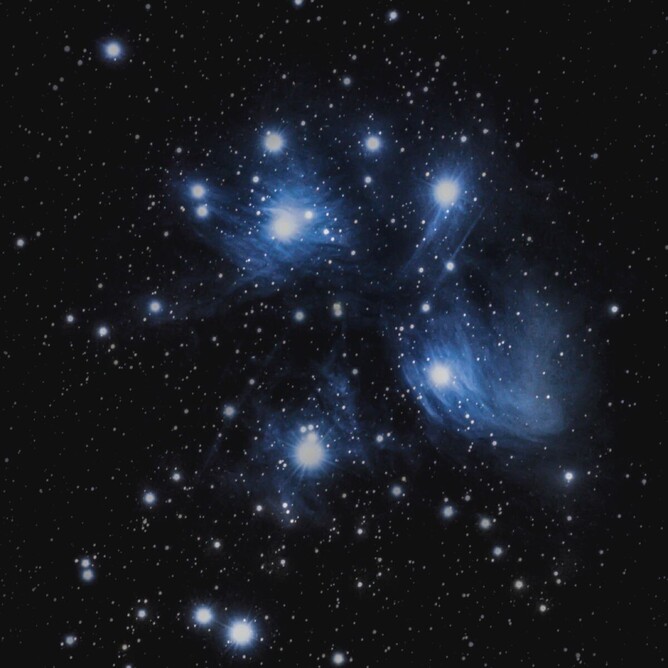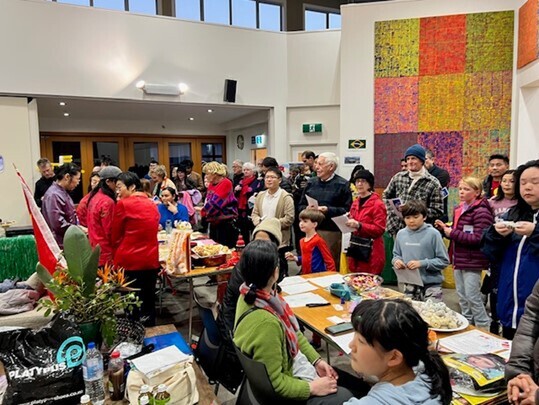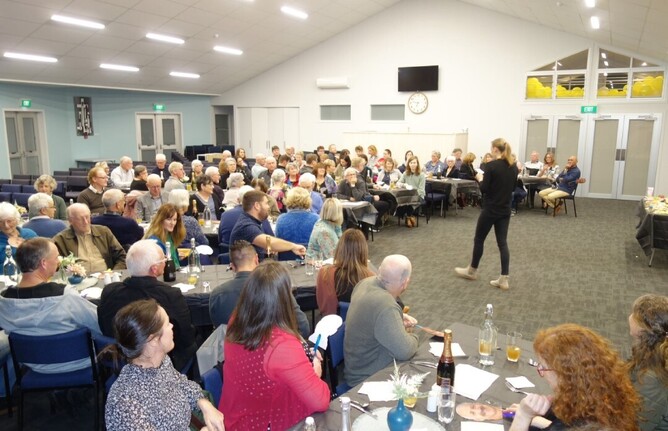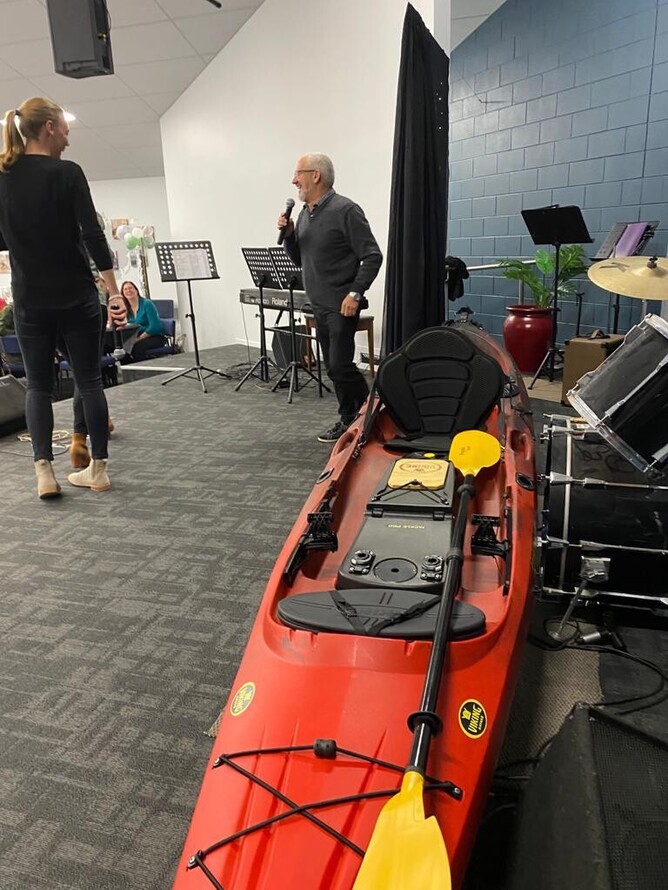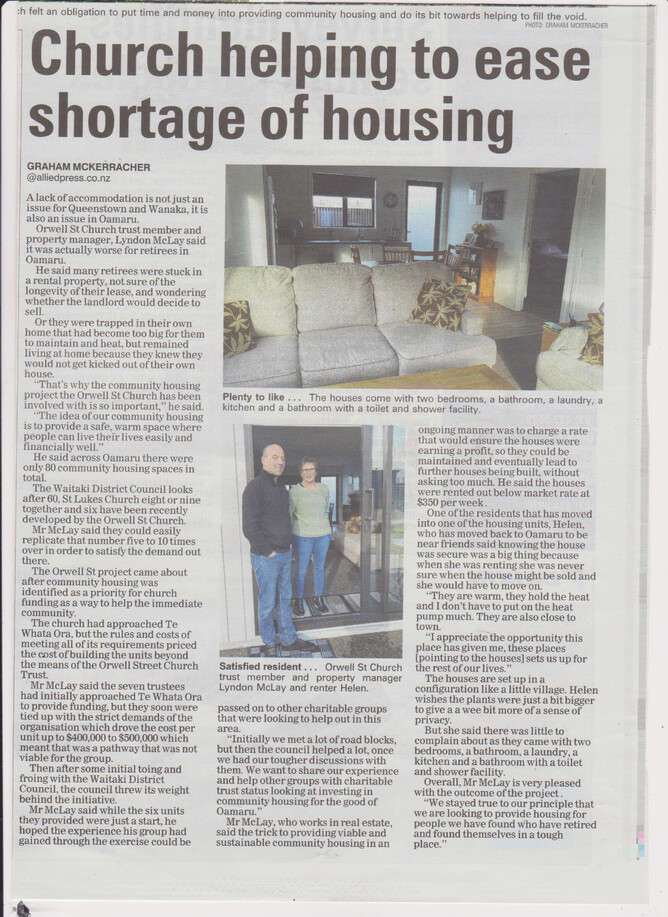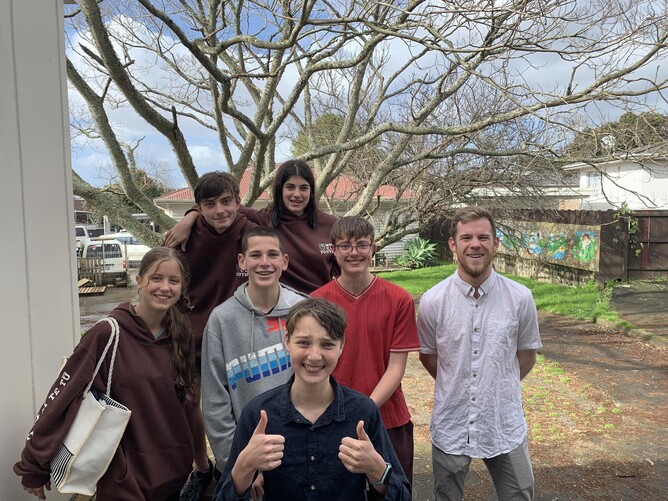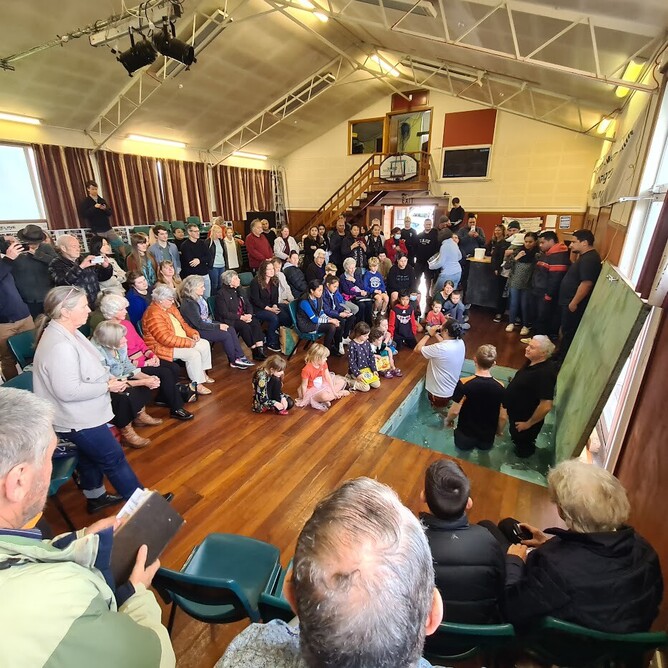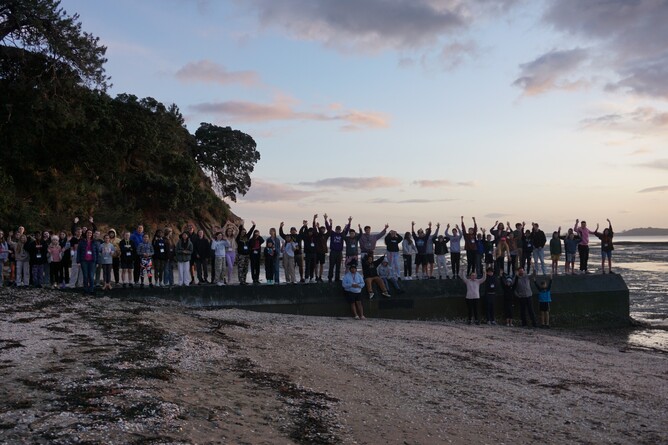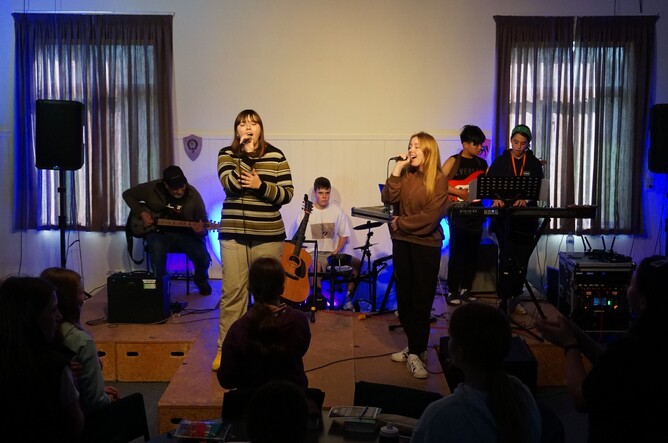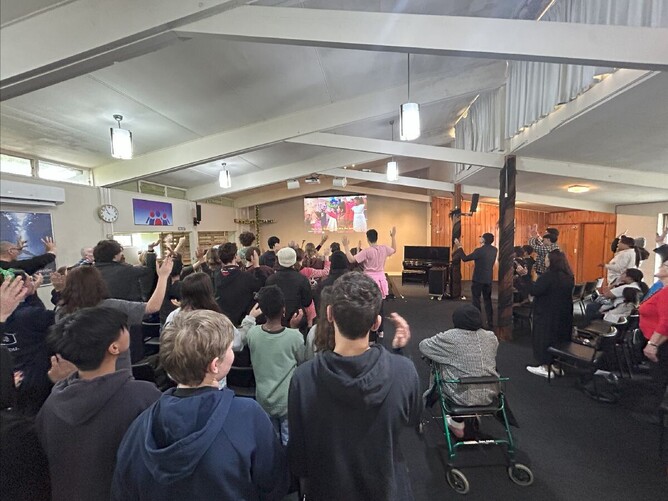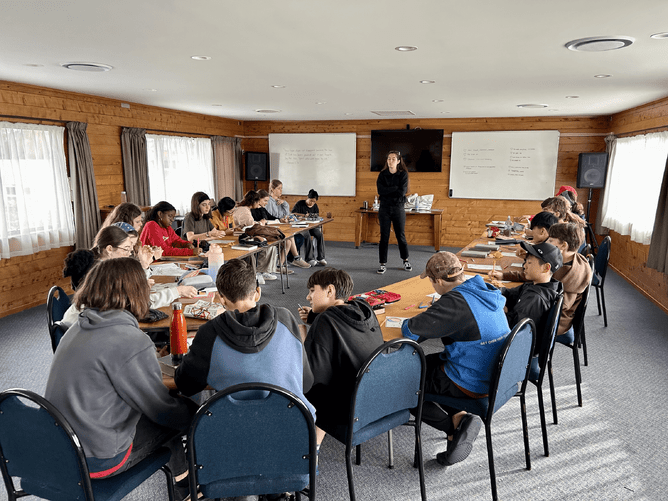Job 9:9
"Nana nei i hanga a Aketura, a Tautoru, a Matariki, me nga ruma i te tonga."
"He is the Maker of the Bear and Orion, the Pleiades and the constellations of the south."
"O lē na faia Asa, ma Kisila, ma Kima, atoa ma ana o i le itu i toga."
Matariki points to the Mediator.
Matariki is the Māori name for the constellation of stars known as the Pleiades. In the Bible, Job declares, "God is the maker of the Bear and Orion, Matariki and the constellations of the south."
Job references the Matariki constellation as he ponders a question he asked in verse two.
"But how can mere mortals prove their innocence before God?”
Job continues to reflect on this question throughout the rest of the chapter. He lifts the veil on God’s character and power. Job proclaims God’s inscrutable wisdom.
In verses four through ten, Job gives us an incredible insight into God’s power. He says that God’s holy anger uproots mountain ranges, shakes the earth, and diminishes the intensity of the sun. God’s anger fills the atmosphere to the extent that the night sky is not seen. God’s anger is displayed powerfully in the environment.
Then, in verse nine of chapter nine, Job affirms that God is the creator of the Matariki, Bear and Orion constellations seen in the night of the northern hemisphere. He is also the creator of the constellations in the southern hemisphere.
Job follows all this with almost unsettling thoughts about this holy, powerful God. In verses 11 to 16, he asks: "Can God be stopped? Is his anger restrained? Who can answer the Lord? Who can summon him?" Job affirms that God is both just and the judge; God is both pure and powerful.
Notice that as he reflects on the character of God, Job is confronted by his own character. As he encounters who God is, he sees accurately who he is. And it doesn’t make for easy reading. He knows his life is fleeting and small in comparison with God.
Even in his blamelessness, Job can't compare to God's holiness. He knows God is good and he, Job, is guilty. In verse 22, Job answers his own question from the beginning of the chapter: “How can mere mortals prove their innocence before God?” They can’t.
Realising this, Job cries out for help. In verses 32 to 34, he writes, “He is not a mere mortal like me that I might answer him, that we might confront each other in court. If only there were someone to mediate between us, someone to bring us together, someone to remove God’s rod from me."
Job’s reflection on the creator of the Matariki constellation leads him to a startling realisation. God is so much higher than us, so much holier. We need a mediator. We need a mediator to bring us together with God.
Job senses in verse 32 that this mediator cannot be a mere human. Here in Job 9, Matariki points us to the mediator, the God-man, Jesus Christ.
Paul writes to Timothy in 1 Timothy 2:5-6 : "For there is one God and one mediator between God and mankind, the man Christ Jesus, who gave himself as a ransom for all people."
John Stott reflects on these verses, saying:
“Here, then, is the double uniqueness of Jesus Christ, which qualifies him to be the only mediator.
"First there is the uniqueness of his divine-human person, and secondly the uniqueness of his substitutionary, redeeming death. The one mediator is the man Christ Jesus, who gave himself as a ransom. We must keep these three nouns together, the man, the ransom and the mediator.
"Historically, they refer to the three major events in his saving career, his birth by which he became man, his death in which he gave himself as a ransom, and his exaltation (by resurrection and ascension) to the Father’s right hand, where he acts as our mediator or advocate today.
"Theologically, they refer to the three great doctrines of salvation, namely the incarnation, the atonement and the heavenly mediation. And since in no other person but Jesus of Nazareth has God first become man (taking our humanity to himself) and then given himself as a ransom (taking our sin and guilt upon himself), therefore he is the only mediator. There is no other. No one else possesses, or has ever possessed, the necessary qualifications to mediate between God and sinners.”
This weekend's celebration is named after this very constellation, the constellation that Job uses to point out God's power and our need for a mediator. Matariki points us to our only mediator, the God-man, Jesus Christ.
By Mark Grace, CCCNZ Ambassador
Matariki: A biblically balanced approach to our newest public holiday
Earlier in the week I finished reading an outstanding 23-page booklet by Michael Drake called “A Christian looks at Matariki”.
I appreciate Michael very much. He has provided Godly leadership in Christian schools, churches and Tertiary Students Christian Fellowship in Auckland. His book is filled with gospel-hearted reflection and wisdom on our newest public holiday. I highly recommend it to you.
William Chong, (a young, evangelical Chinese church leader from Auckland, whom I also appreciate) writes in his review: “Michael Drake (Ngai Tahu) has done a great job at explaining the history of how Matariki became our country’s newest public holiday. He challenges us to think biblically and graciously about the festival and what is explicitly taught about it, and how we might use our Christian freedom to celebrate the Māori New Year in a biblical way."
Particularly helpful for me was Michael’s observation that for over 200 years, there have been Christian Māori who have acknowledged Matariki in a genuinely Christian manner. There is not just one Māori view on Matariki, but many.
Drawing from the lessons of 1 Corinthians 8, Romans 14 and other Scriptures, he suggests a balanced, biblical approach:
“While we have the freedom to celebrate any day in ways that make it truly special to the Lord, we are not free to celebrate it in any way that is not Christ-honouring or faithful to the Bible.” —Michael Drake, A Christian looks at Matariki (2023), page 12.
News from our Churches
A Night Around the World at Eden Community Church
Passengers gathered at Eden Community Church's cultural night on Saturday.
This year’s celebration theme was “A Night Around the World”. It was also a fundraiser for the Cooper family, who are heading to the Middle East.
“The idea was to replicate an actual flight and provide guests with a passport and dinner tokens once on board," said Meg Imai.
John Stephenson said, "The smiles gave testimony to a brilliant evening of culture and diversity." One musical performer said he was “blown away by how appreciative and happy the audience was."
Onboard, approximately 150 passengers were treated to Bollywood dancing, performances by Japanese taiko drummers, and Chinese fan dancers—to name just a few acts.
One of the elders, Pauliasi Valili said, "It was an amazing time. A couple of cultures were new to me." Another leader shared: "It was great to see so many people from the wider community, drawn in by the excitement and diversity."
Orewa Community Church farewells Murray Cooper
Ninety people came together at Orewa Community Church for a surprise celebration of Murray Cooper's fourteen-and-a-half years of pastoral service.
He now steps away from the pressure of full-time ministry but will continue to use his pastoral gifts at OCC.
The church gifts Murray Cooper something he has always wanted—a fishing Kayak!
Orwell Street Church Housing Project
It’s very encouraging to see how churches are working to help their communities and show the love of Jesus in practical ways.
This is the case with the housing project that Orwell Street Church in Oamaru has been involved in.
Church-Camp Partnership Bearing Fruit
On Sunday, 2nd July the church family at Mt Wellington Community Church celebrated seven baptisms.
Russell Grainger, pastor at Mt Wellington Community Church, writes:
“MWCC is very strongly camping-orientated in a number of ways. At the baptisms today, every one of the seven that got baptised mentioned involvement with a camp in one or more ways as a critical part of their faith journey. These camps included Willow Park kids camps, HM Rage, Easter Camp at Taupō, and our annual church camp.
"Be encouraged! Church-camp partnerships are alive and well and camping is still having a profound effect.”
We are very encouraged by Russell’s words, and we are also very grateful for the work that CCCNZ Camping Enabler, Richard Davis, does by encouraging camps and churches to work together to point people to Jesus through the gospel from the Scriptures.
Campers Get Royal Treatment at Willow Park
This week, more than a hundred campers and leaders gathered for the Willow Park kids camp.
With the camp theme 'royals’, Jerome Edwards, ministry leader at Willow Park opened the scriptures, exploring the lives and examples of a range of Biblical ‘royals’ like David, Esther and Saul.
Leaders have gathered at Willow Park from a range of Auckland churches, including Mt Wellington Community Church, Auckland Bible Church, Tamaki Community Church, and Manurewa Bible Church.
Prior to campers arriving on Sunday night, leaders attended the morning service at nearby Tamaki Community Church. It was a wonderful time of encouragement, prayer and worship.
In response to a recent update on Willow Park, Fred King shared:
“I finally surrendered to the workings of the Holy Spirit at the first boys camp at Eastern Beach in 1937, led by Skipper Charles Gauntlett. The speaker that Sunday night was James Burt”.
James Burt’s great-granddaughter, Ariana from Mt Wellington Community Church, has been running the LIT (Leaders In Training) programme this week at the Willow Park kids' camp.
